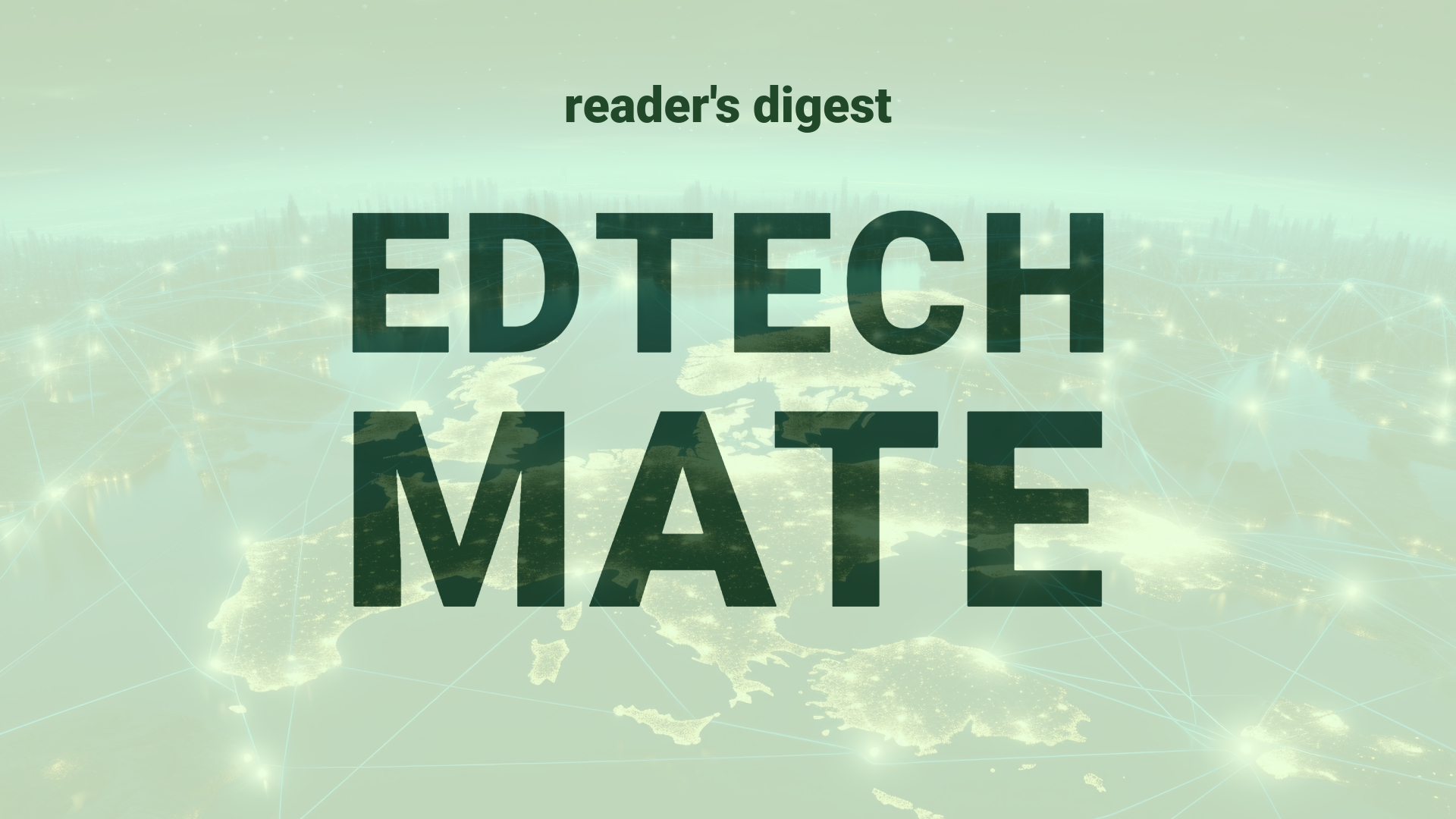Executive Summary and Main Points
In May 2023, the Beyond Growth conference spotlighted the tension between perpetual economic expansion and environmental limitations, challenging the precept that growth equates to prosperity. It highlighted three prevailing myths that undermine sustainable progress: the misconception of a full-scale energy transition from fossil fuels to renewables, the overestimated impact of energy efficiency in reducing emissions, and the over-reliance on unproven green technology innovations. The conference proposed a radical reconceptualization of business models dovetailing with the principles of “degrowth,” that aspire to a post-growth economy which embraces environmental boundaries and societal well-being.
Potential Impact in the Education Sector
These developments signal a vital shift for the Further Education and Higher Education sectors toward integrating sustainability and ethics directly into curricula. It encourages the restructuring of academic programs to focus on ecological literacy, sustainable development, and circular economy principles. Micro-credentials, tailored to specific sustainability competencies, could emerge as strategic pillars of education, reinforcing the collaborative efforts between academia and industries in pioneering sustainable innovations and business models. The discourse on degrowth emphasizes the need for partnerships that promote sustainability in education by retrofitting infrastructure, curricula, and educational delivery systems through progressive digitalization.
Potential Applicability in the Education Sector
AI and digital tools offer innovative applications within global education systems reshaped by degrowth concepts. Integrative platforms could be developed to facilitate cross-disciplinary research on sustainable business practices. The potential for AI-driven systems to optimize resource utilization and automate analytics for carbon footprinting in educational institutions also emerges. Online learning environments themselves could be made more energy-efficient, minimizing the digital carbon footprint. Moreover, AI could play a pivotal role in crafting personalized learning pathways, promoting the adoption of micro-credentials that espouse sustainable development goals.
Criticism and Potential Shortfalls
Criticism of degrowth-oriented approaches focuses on potential economic stagnation and the feasibility in a capitalist paradigm. Comparing international case studies reveals disparities in the applicability of degrowth, where developing nations emphasize growth for poverty alleviation. Ethical considerations raise questions about equity and justice – who benefits from degrowth and who bears the costs? The cultural implications also cannot be ignored as this narrative shifts the prevailing ethos from consumption to conservation, challenging deeply entrenched values and lifestyles, especially in the context of global higher education, where shifting to a degrowth model may face resistance from established academic and administrative structures.
Actionable Recommendations
To adapt to these technologies and concepts, educational leaders should consider investing in sustainable campus infrastructures, fostering partnerships with organizations leading in sustainable operations, and re-evaluating investment portfolios to support environmentally responsible companies. Internally, academies can revise their curricula to prioritize sustainability and responsible management education. Leaders could also pilot AI-powered systems for more efficient campus management and implement telepresence technologies to reduce travel-related carbon footprints. Ultimately, fostering a culture of sustainability within educational institutions could serve as a model for students, preparing them for active participation in a post-growth economy.
Source article: https://hbr.org/2024/06/in-defense-of-degrowth

